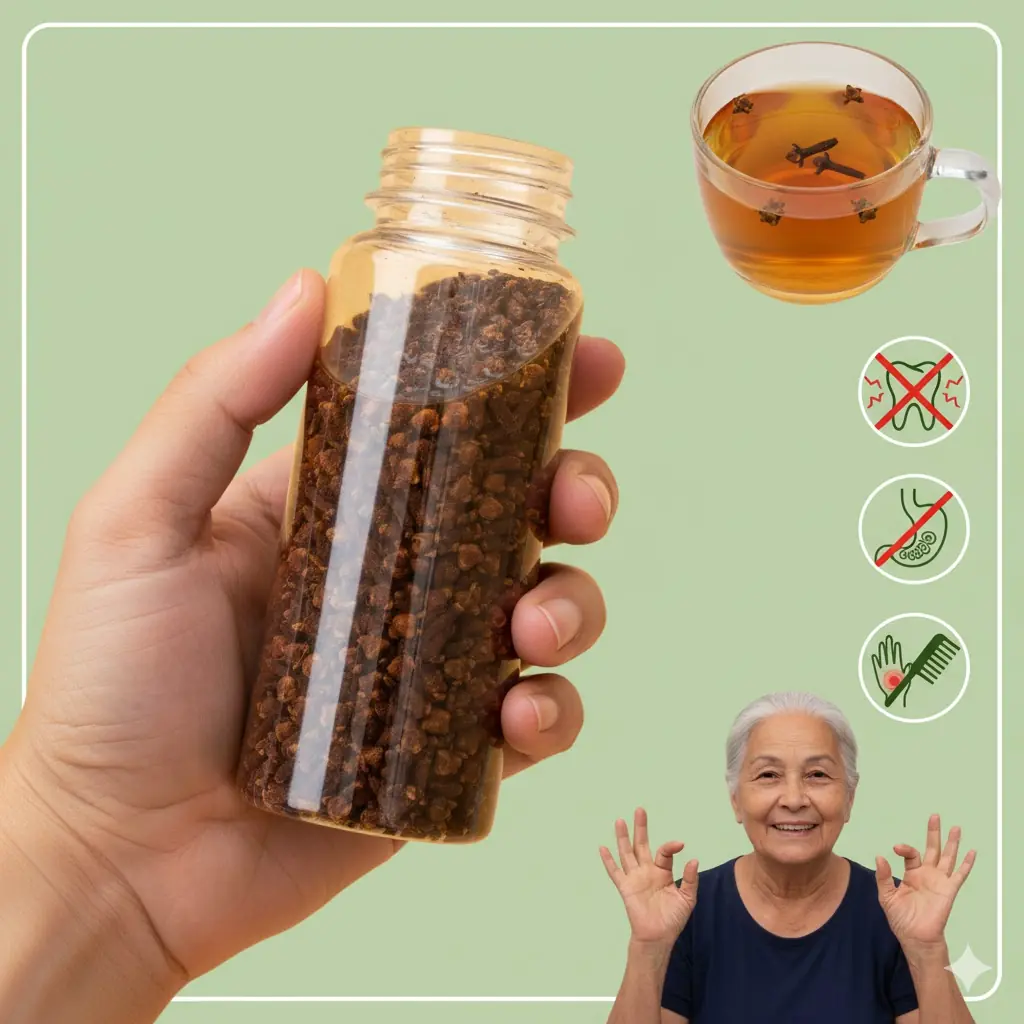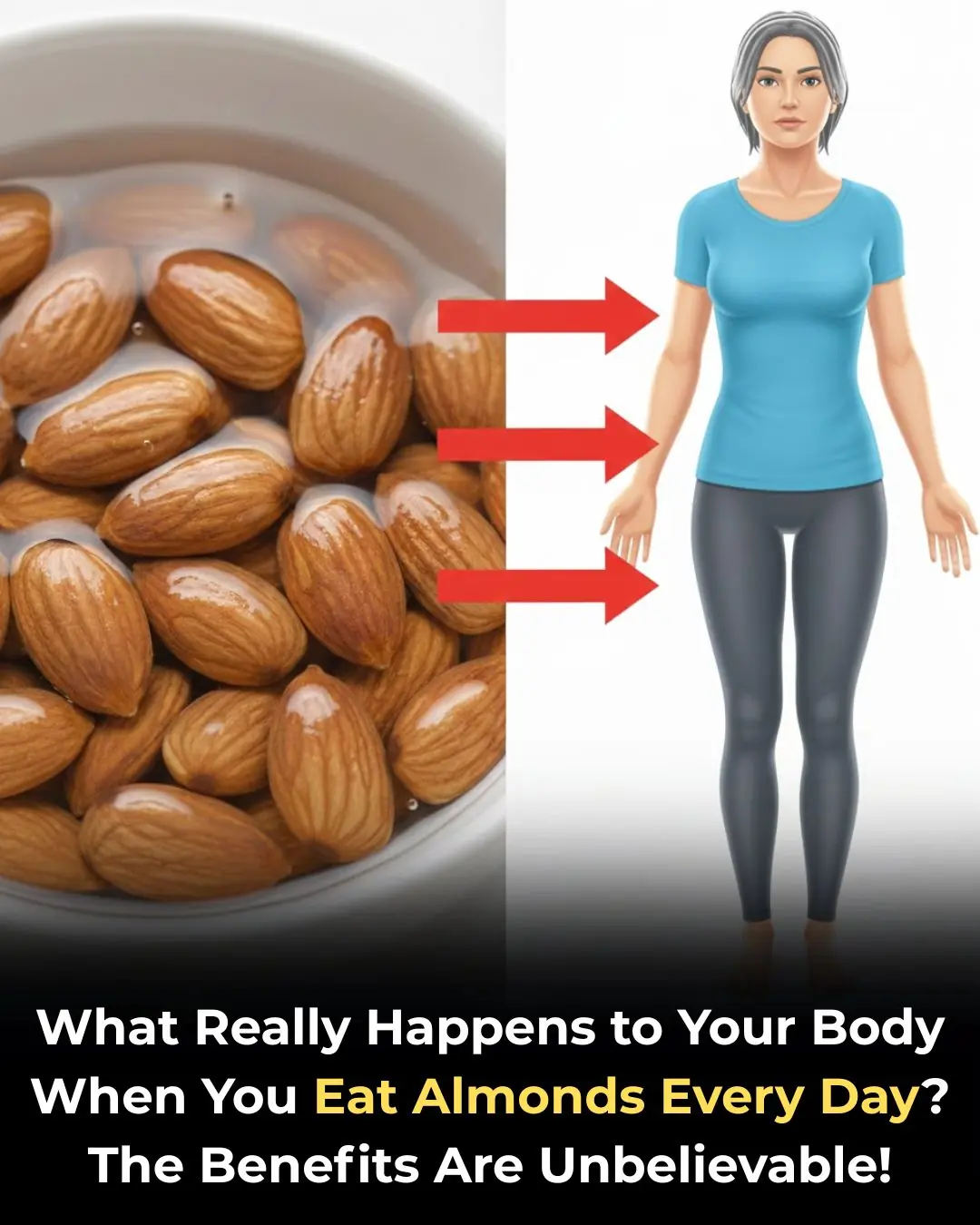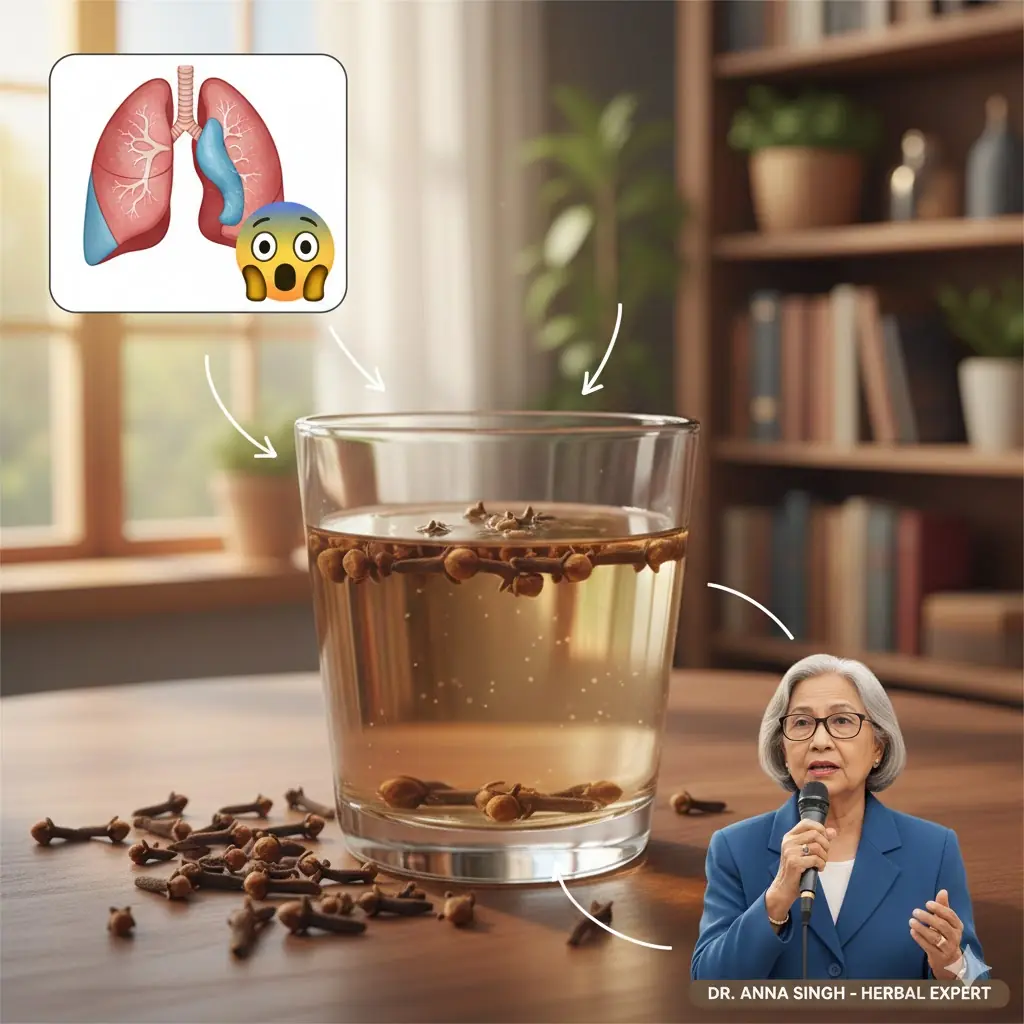
The #1 Anti-Cancer Food You Should Be Eating
How Your Diet Can Help Reduce Inflammation and Lower Cancer Risk
Chronic inflammation is a significant contributor to many health conditions, including cancer. A diet rich in anti-inflammatory foods can help reduce inflammation, protect cells from damage, and support overall well-being, thus lowering the risk of developing diseases associated with inflammation, including cancer. A balanced diet is not only an important aspect of maintaining your health but also a preventive measure against various chronic conditions that can arise from unchecked inflammation.
Top Anti-Inflammatory Foods for Cancer Prevention
-
Leafy Greens
Examples: Kale, spinach, Swiss chard, collard greens
Benefits: These vegetables are packed with antioxidants, vitamins, and fiber. They combat oxidative stress, promote gut health, and support immune function. Leafy greens are also high in folate, which plays a crucial role in DNA repair, further reducing the risk of mutations that could lead to cancer. -
Spices
Examples: Ginger, turmeric, garlic, cayenne pepper
Benefits: Spices are not only flavorful but also contain potent anti-inflammatory compounds. Ginger and turmeric, for example, have strong antioxidant properties that help protect cells from oxidative damage, while garlic has been shown to have anti-cancer effects, particularly in reducing the growth of tumors. -
Berries & Fruits
Examples: Strawberries, blueberries, raspberries, pomegranate
Benefits: Berries are rich in anthocyanins and polyphenols, which fight oxidative stress and support cellular health. These compounds have been linked to a reduction in the risk of certain types of cancers, especially those related to the digestive tract and skin. Pomegranate, for example, has been studied for its ability to inhibit the growth of cancer cells. -
Seeds & Nuts
Examples: Flaxseeds, chia seeds, walnuts
Benefits: These foods are high in omega-3 fatty acids and antioxidants that reduce chronic inflammation and protect against DNA damage. Walnuts, in particular, contain compounds that may help slow the growth of certain cancer cells, making them an important addition to an anti-inflammatory diet.
Key Health Benefits of Anti-Inflammatory Foods
✅ Reduces Inflammation: Natural compounds found in these foods help regulate the body’s inflammatory response, helping prevent long-term damage to tissues and organs.
✅ Protects Cells: Antioxidants found in these foods neutralize free radicals, reducing DNA damage, and lowering the risk of cell mutations that could lead to cancer.
✅ Boosts Immunity: The vitamins, minerals, and antioxidants in anti-inflammatory foods support a strong immune system, helping the body fight infections and illnesses.
✅ Aids in DNA Repair: Certain nutrients, like folate and zinc, assist in repairing damaged cells and promoting healthy growth, which reduces the likelihood of cancer-causing mutations.
Best Anti-Inflammatory Foods and Their Specific Benefits
-
Ginger
Active Compound: Gingerol – powerful anti-inflammatory and antioxidant properties
Uses: Fresh, dried, powdered, or as tea
Additional Benefits: Supports digestion, boosts immunity, and may inhibit cancer cell growth. Ginger has also been shown to have potential pain-relieving properties, making it a natural choice for those dealing with chronic inflammation. -
Turmeric
Active Compound: Curcumin – helps inhibit cancer cell growth
Uses: Add to cooking, smoothies, or take as a supplement
Additional Benefits: Supports brain health, cardiovascular function, and may also aid in reducing the symptoms of arthritis and other inflammatory conditions. Turmeric's anti-inflammatory properties are enhanced when consumed with black pepper. -
Castor Oil
Benefits: Known for its anti-inflammatory properties, castor oil improves blood circulation, detoxification, and can be used topically for pain relief.
Uses: Applied directly to areas of discomfort for pain relief or as part of a detox routine. Castor oil is also commonly used in home remedies for promoting healthier skin.
How to Reduce Inflammation Through Diet & Lifestyle
-
Avoid Pro-Inflammatory Foods
Limit: Sugar, refined carbs, processed foods, sugary drinks
Why? These foods contribute to inflammation and may lead to insulin resistance, obesity, and other chronic diseases that increase the risk of cancer. High sugar intake can lead to an increase in fat cells that promote inflammation. -
Prioritize Anti-Inflammatory Foods
Include: Vegetables, fruits, whole grains, healthy fats, and lean proteins
Why? These nutrient-rich foods are essential for balancing the immune system, reducing inflammation, and preventing the onset of diseases. They provide the body with essential micronutrients that are often deficient in processed diets. -
Regular Exercise
Why? Physical activity helps reduce inflammation, improves circulation, and supports a healthy weight. Regular exercise can also reduce the risk of cancer by improving metabolism and boosting immunity.
Tip: Aim for 30 minutes of moderate exercise (walking, swimming, yoga) most days to help manage inflammation and overall health. -
Manage Stress
Why? Chronic stress increases the production of pro-inflammatory cytokines and can weaken the immune system.
Tip: Practice mindfulness, meditation, deep breathing, or yoga to reduce stress. Regular relaxation practices can lower cortisol levels, helping to keep inflammation in check. -
Get Enough Sleep
Why? Lack of sleep contributes to increased inflammation and can disrupt immune function, making the body more susceptible to infections and diseases.
Tip: Aim for 7-9 hours of quality sleep per night. Establishing a consistent sleep schedule can enhance the body’s ability to repair itself and maintain a balanced inflammatory response.
Final Thoughts
Incorporating anti-inflammatory foods like leafy greens, spices, fruits, and seeds into your diet can significantly help reduce inflammation, support immune function, and lower the risk of chronic diseases, including cancer. When paired with a healthy lifestyle that includes regular exercise, stress management, and proper sleep, you can create a strong foundation for long-term health and disease prevention.
Start making small changes today—whether it’s adding more leafy greens to your meals, swapping processed snacks for berries, or practicing a few minutes of meditation daily. Every positive step counts toward supporting your body's ability to fight inflammation and stay healthy for years to come. 💚
News in the same category


Old Doctor’s Secret: Combine Dates and Papaya to Tackle These 10 Health Problems

Why So Many People Are Choosing Natural Ingredients for Skincare

The Breuss 42-Day Juice Therapy: An Evidence-Based Look at a Controversial Regimen

That Nagging Symptom You Keep Ignoring? Your Body Is Trying to Tell You Something.

10 Bizarre Home Remedies

See if you fall into this group!

Heart Surgeon’s Hidden Secret: Eat This Daily to Boost Cardiac Health!

More people are dying from heart failure, doctors warn: give up these 4 habits now

Claim: a juice regimen reportedly cleared can:cer cells in 42 days

FDA-Approved Eye Drops Offer a Non-Surgical Alternative for Age-Related Vision Loss

Recognizing a Stroke Fast

Foamy Urine: Here’s Why You Have Bubbles in Your Urine

Why Almonds Are So Good for You: Health Benefits of Almonds Backed by Science

How to Naturally Increase Estrogen Levels

Unexpected health benefits of chai spices you may not be aware of

Homemade Pumpkin Remedies for High Blood Sugar, Cholesterol, and Artery Health

Apple, Mango, and Cucumber Juice for Weight Loss: The Natural Drink That Helps Reduce Bloating and Support Fat Burning

Say Goodbye to Gray Hair with Garlic and Cloves: A Powerful Natural Remedy

Stop Wasting Money on Pest Poisons: Discover If Toothpaste Can Really Help Keep Mice, Cockroaches, and Ants Away
News Post

Mother-In-Law Strips Bride Naked—Then Learns Who Her Father Really Is

Small but Mighty: The Magic of Clove and Goron Tula Water

Karen Throws Coffee At Teen Barista—Then Her Dad Walks Out

Old Doctor’s Secret: Combine Dates and Papaya to Tackle These 10 Health Problems

Why So Many People Are Choosing Natural Ingredients for Skincare

Blogs Is He a Foe… or an Ally

Bully Hits Girl at Lunch—Cafeteria Lady’s Response Shocks Everyone

🌿 The Humble Garden Herb with Remarkable Traditional Uses

🌸 Don’t Throw Away Your Basil Flowers: 8 Smart Ways to Use Them

Kalanchoe: Benefits, Traditional Uses, and How to Use It Safely

✨ Euphorbia Hirta: 30 Remarkable Health Benefits & Essential Safety Secrets You Should Know

Boy Slaps Girl at Mall – The Janitor’s Response Shocks Everyone

The Breuss 42-Day Juice Therapy: An Evidence-Based Look at a Controversial Regimen

That Nagging Symptom You Keep Ignoring? Your Body Is Trying to Tell You Something.

10 Bizarre Home Remedies

See if you fall into this group!

How to Keep Salad Greens Fresh Longer

🌿 Why Placing Mullein Leaves on the Soles of Your Feet Is a Surprisingly Gentle Natural Practice

🌿 Restore Crystal-Clear Vision: The Hidden Power of Oregano for Eye Wellness
